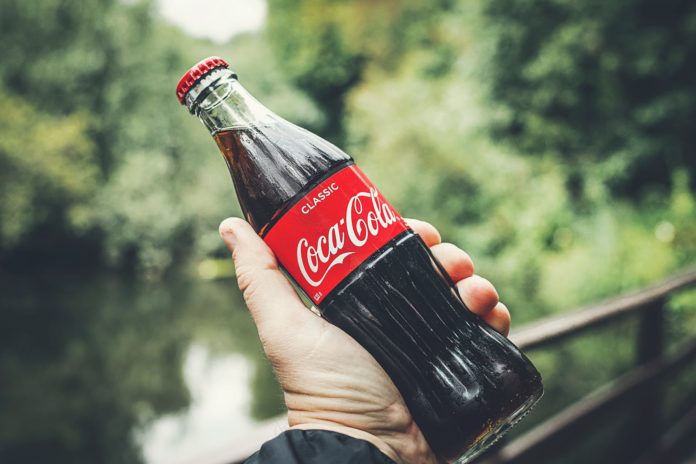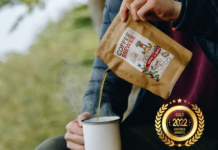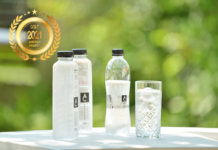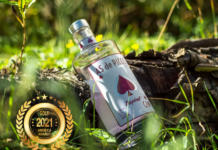Consumers are now aware for both environment and their own health when it comes to buying beverages they’d like to drink.
Beverage companies are now innovating products, not only in the form of non-alcoholic options, but that also align with health, wellness, and sustainability trends.
With this in mind, here are some of the things that might be trending for the upcoming years.
Functionality
The beverage industry is now innovating new products with functional benefits. From stress-relievers to immune system health to beauty, consumers are now seeking more from their drinks than simply hydration.
Major beverages have also done this trend and now releasing VitaminWater range and a new energy drink combining caffeine, guarana extracts, and B vitamins.
Fermented Drinks
Fermented drinks are rich in probiotics and have been found to contain a profusion of benefits, particularly when it comes to gut health. According to BCC Research, the international fermented ingredients market could grow to be worth $28.4 billion in 2020.
It can be used to treat digestive problems and help boos immunity.
Personalisation
Many companies have responded by offering plant-based beverage options. For example, Stok Cold Brew’s new plant-based cold brew coffees are an example of a brand reacting to both vegan and cold brew trends this year.
Alcohol-Free Alternatives
Last year, alcohol fell by 1.5% around the world, according to IWSR. Consumers are making an active choice to reduce alcohol consumption, which opens the market for drinks that appeal to consumers.
Earlier this year, Sparklingly Sober launched an alcohol-free fizzy wine alternative and Coca-Cola launched a range of alcohol-free sparkling drinks aimed at adults.
Health-conscious consumers are one of the main targets within this category and many brands are looking to capitalise on this prominent trend of healthy living.
Sustainability
In September 2018, various leading bottled water and soft drinks manufacturers announced goals to ensure water and soft drinks packaging is made from 100% recyclable or reusable material by 2030, and an aim to achieve at least 70% recycled material by 2025.
With consumers growing cautious about the number of plastic bottles they are buying, the market for canned beverages has increased and it has been estimated that the beverage cans market will grow at a CAGR of 3.19% from 2018-2022.







